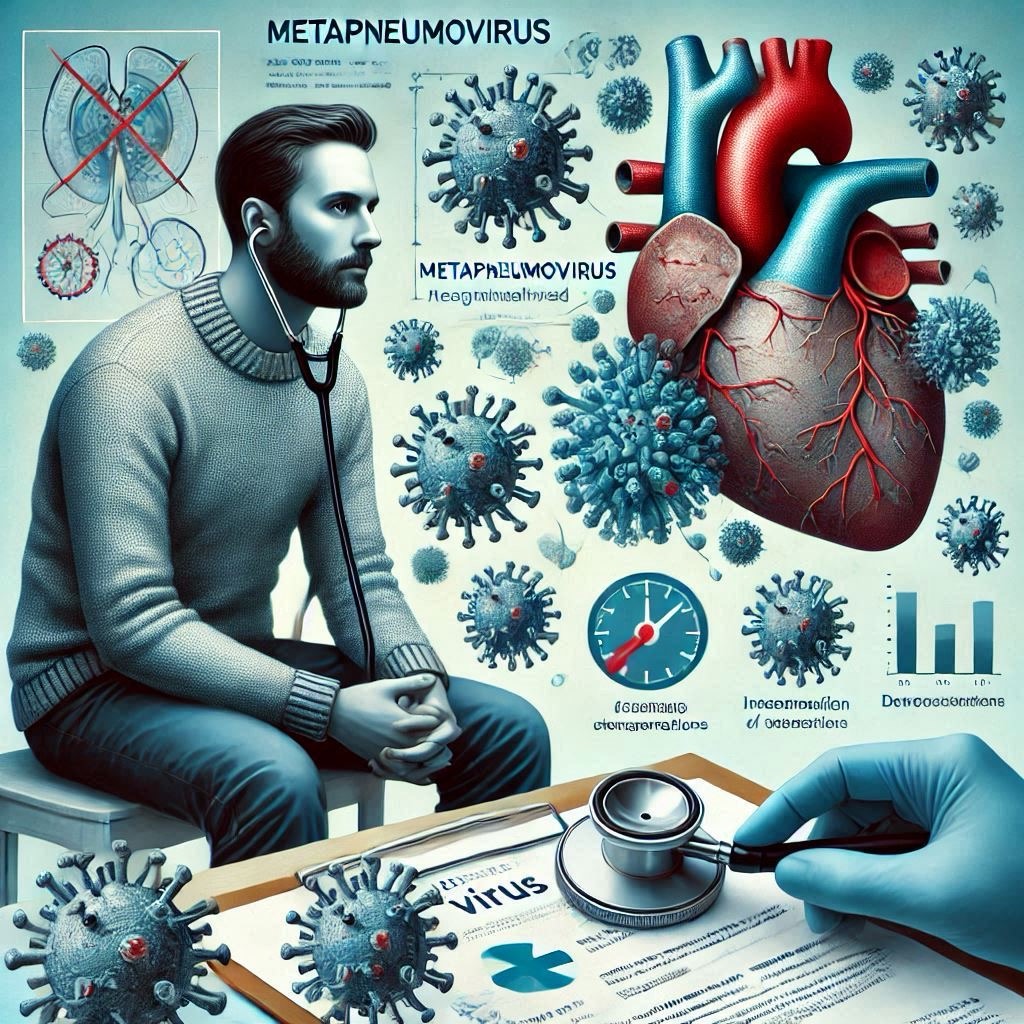
Sunflower losses are a symptom of chemistry, not “just white rot”
Greening agro is not a fad, but a reaction to the fact that excess nutrients are becoming a source of soil and water pollution, and biodiversity loss.
Recently, media reports of an outbreak of human metapneumovirus (hMPV) in China have caused public concern. Some sources have referred to it as the “new deadly Chinese virus,” but such descriptions are inaccurate and can be misleading.
hMPV is not a new virus
Human metapneumovirus was first identified in 2001, but studies suggest that it had been circulating in the human population long before that. The virus is distributed worldwide and typically peaks in the winter and spring, causing respiratory infections.
Seasonality, incubation period and symptoms of hMPV
Metapneumovirus is a seasonal respiratory virus that is most active during the cold season, from December to April. During this period, the number of cases increases because the virus is more easily transmitted in conditions of low temperatures and increased concentration of people in closed spaces.

The incubation period of hMPV is 3 to 6 days. Symptoms resemble typical signs of SARS:
The risk group includes:
In most people, the disease is mild, but complications, including bronchitis or pneumonia, are possible in vulnerable groups.
Although the current outbreak of hMPV is in China, the virus is not limited to that country. Cases of infection have been reported in various countries around the world, including Ukraine. The increase in incidence in China coincides with the winter season, when cold weather and people staying indoors contribute to the spread of respiratory viruses.

To reduce the risk of infection with human metapneumovirus, it is recommended to:
Specialists of the Vinnytsia Institute of Nanotechnologies and Organic Products “AVELIFE” are actively working on the search for effective compounds against hMPV. The institute already has successful experience in creating antiviral drugs, in particular, compounds that are active against the H1N1 influenza virus have already been found, which was confirmed by studies in international scientific institutions.
Currently, our Institute is looking for partners among the world’s leading scientific centers to test active compounds capable of blocking hMPV replication, and we are ready to provide the developed compounds for further screening.
It is important to approach information about hMPV with caution and not to panic. The virus is not new, deadly, or exclusively Chinese. Following standard respiratory infection prevention measures will help reduce the risk of infection and help maintain health.
For more information about our research or to discuss cooperation opportunities, please contact the Vinnytsia Institute of Nanotechnologies and Organic Products “AVELIFE”.

Greening agro is not a fad, but a reaction to the fact that excess nutrients are becoming a source of soil and water pollution, and biodiversity loss.

Digestate with biochar and glauconite is an innovative organo-mineral composite for reducing nutrient losses, prolonged plant nutrition, and increasing soil fertility.

Soil degradation and water pollution are increasingly merging into a combined environmental crisis, especially in arid and post-industrial regions.